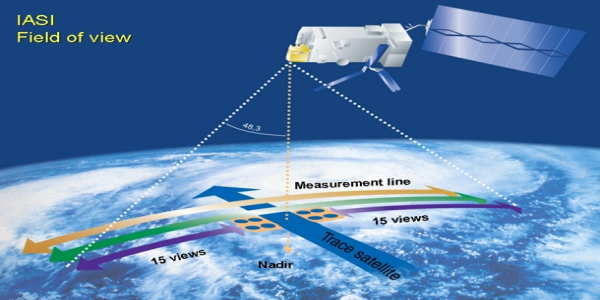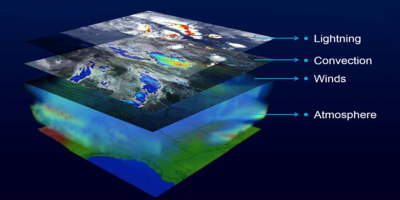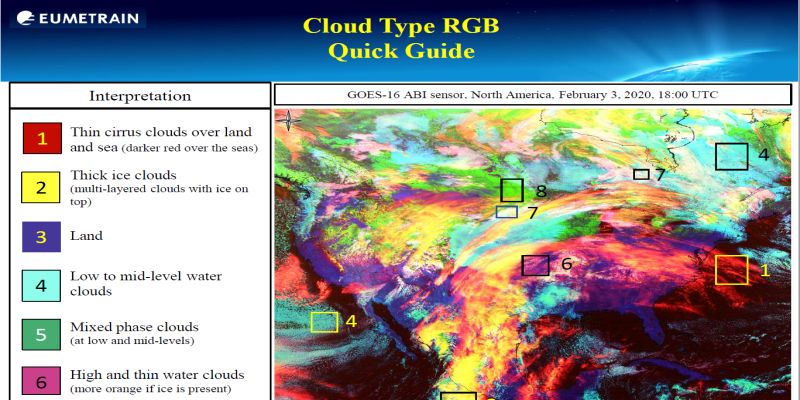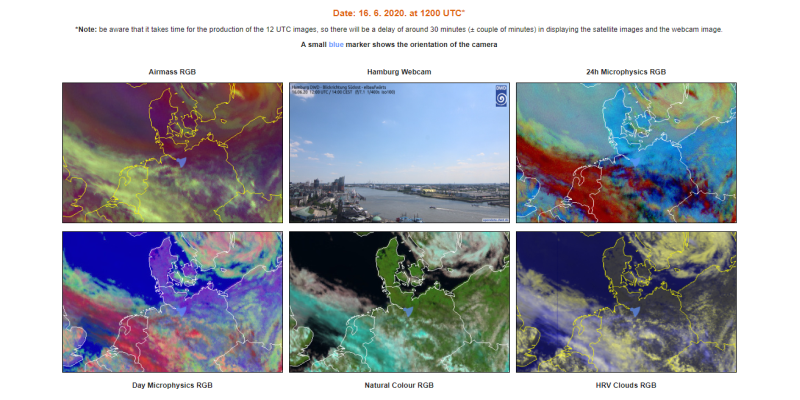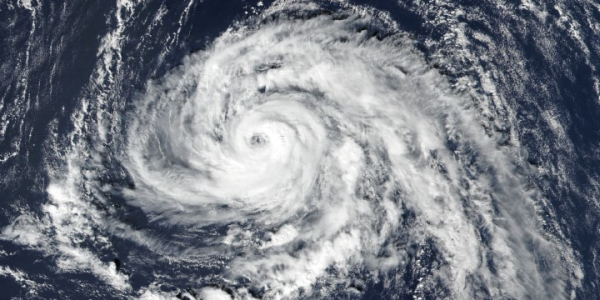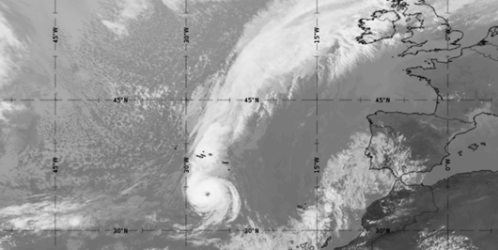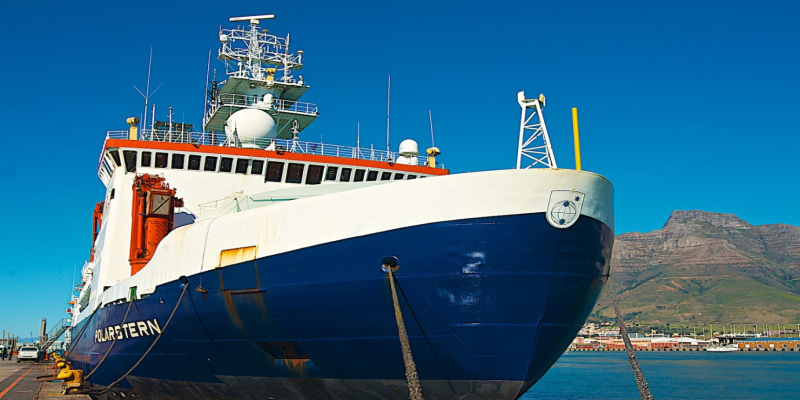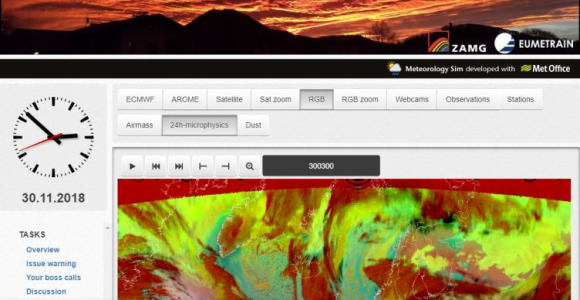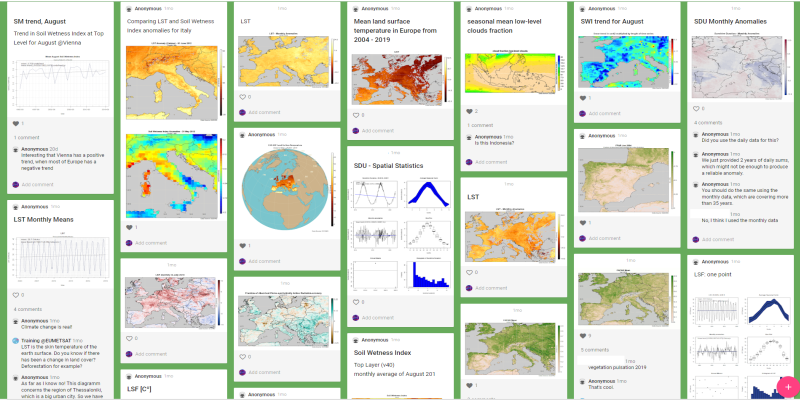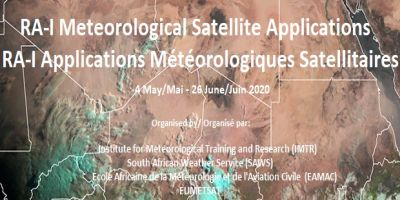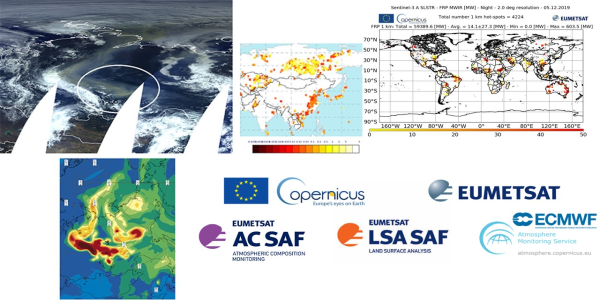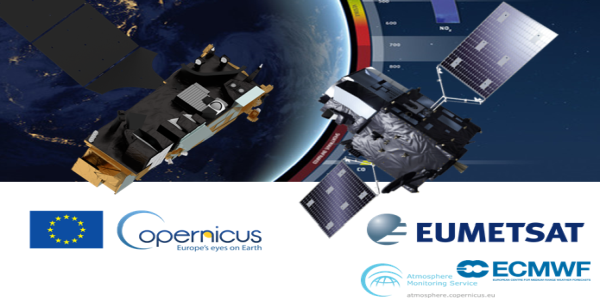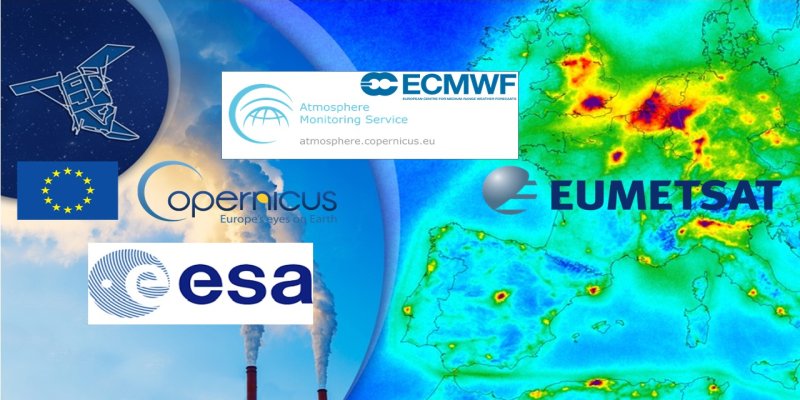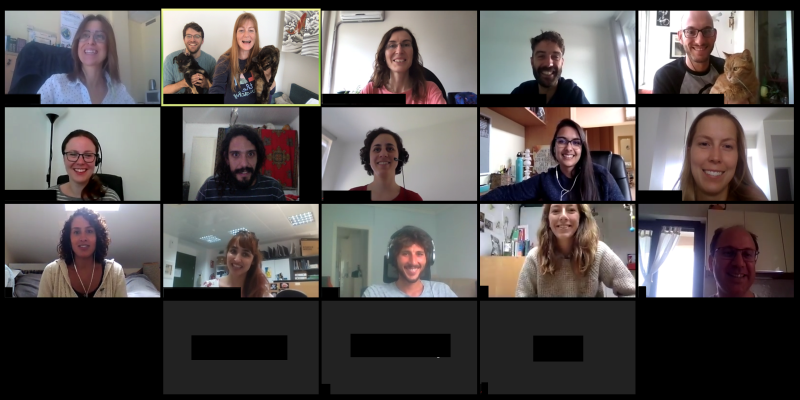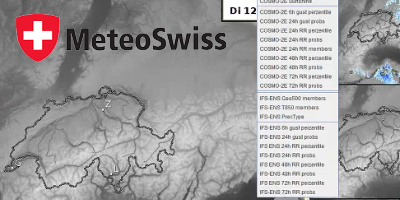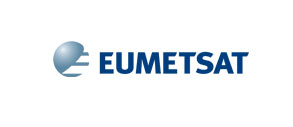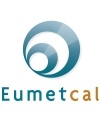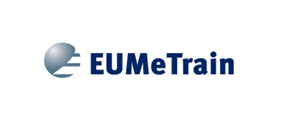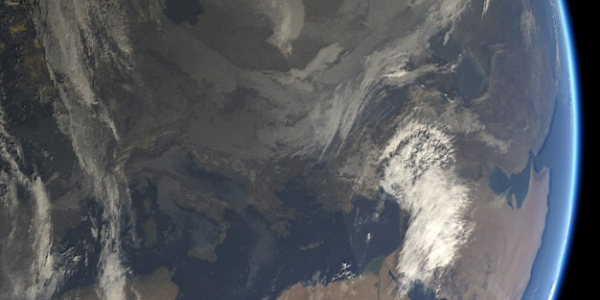
New series of EUMETSAT short online courses on satellite applications starting September
September 2020 / OnlineA series of short online courses on weather, oceanography, air quality, and climate applications will be offered by EUMETSAT and partners starting September 2020. Courses will be open to all and for a wide audience, including service providers, scientists and weather forecasters. The planned duration for each course is from two hours to a full day.
Each short course will showcase EUMETSAT and/or Copernicus satellite data, and include tutorials and hands-on exercises on how to handle the data using a variety of digital tools.
Registration will soon be available on the EUMETSAT training platform.
